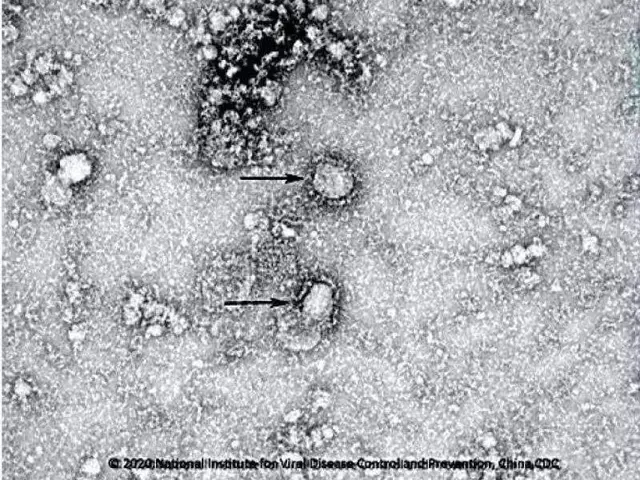China has always been active and open to share the pathogenic microorganism strain of novel coronavirus within the framework of the World Health Organization (WHO) to promote the development of vaccines, test kits and medicines, said a Chinese health official Friday.
"China has no conservation and hesitation in sharing the COVID-19-related information," said Zeng Yixin, deputy head of China's National Health Commission (NHC) at a press conference held in Beijing Friday.
China has made prompt, sufficient and frequent communications with the United States between health officials, CDC directors and experts to combat the pandemic, Zeng said.
Rebuking U.S. Secretary of State Mike Pompeo's allegations on China's handling of virus samples, Liu Dengfeng, an NHC official told the press conference that Pompeo's claims were an interpretation without context.
China has shared many influenza virus strains of high pathogenicity to countries including the United States, Japan, Canada, and Russia under the WHO framework to prevent global flu pandemic in recent years, Liu said.
The NHC immediately initiated relating research after the epidemic occurred and made the identification of the pathogen its primary task facing a pneumonia outbreak of unknown cause, Liu said.
"We kept high alert to the virus in such a case, and issued clear requirements on the collection, transportation, experimental use and destruction of the pathogen based on experts' opinions to prevent the virus samples from being leaked and ensure biosecurity," Liu said.
The NHC released a guideline on Jan. 3 to prevent biohazards caused by an unknown virus in laboratories based on the law on prevention and control of infectious diseases and other regulations, Liu noted.
The NHC also issued a directive to further strengthen biosafety management in laboratories as part of the measures to combat the epidemic, Liu said, stressing that the virus samples should be destroyed or transferred to professional preservation institutions if the laboratories do not meet biosafety standards to keep the samples according to Chinese laws and regulations.
 简体中文
简体中文




